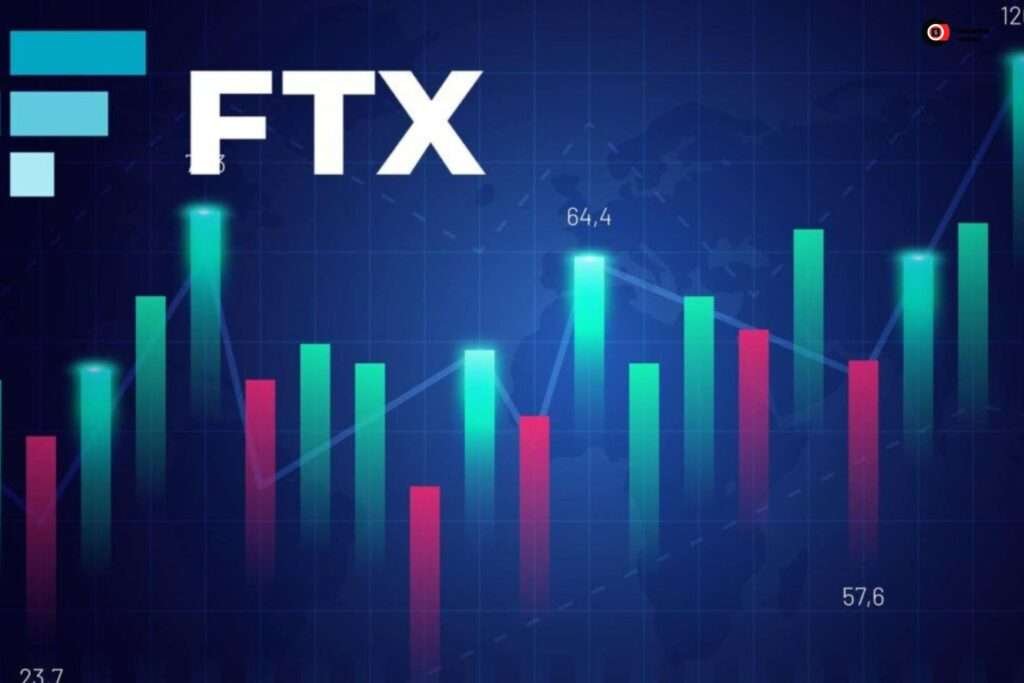Table of Contents
The debtors of the now-defunct cryptocurrency exchange FTX have submitted an amended Chapter 11 plan of reorganization, suggesting that customer asset claims should be valued retroactively to the date of the exchange’s collapse in November last year. In a recent court filing at the United States Bankruptcy Court for the District of Delaware, the debtors proposed that any customer claim seeking compensation from the exchange should be based on the asset’s value as of November 11, 2022.
According to the plan, the value of each claim will be determined by converting the crypto assets into cash using conversion rates specified in a conversion table. Cryptocurrency prices have risen significantly since the bankruptcy filing. Bitcoin, for example, was valued at $17,036 during the filing but has since surged to $42,272 at the time of publication.

In a separate development, FTX attained approval on November 30 for the sale of approximately $873 million worth of trust assets. The objective is to utilize the proceeds from this sale to fulfill the repayment obligations to the creditors of the now-defunct exchange, marking a crucial step in the ongoing efforts to address financial responsibilities and resolve the aftermath of the collapse.
Additionally, on December 7, the FT 2.0 Customer Ad Hoc Committee put forward a proposal to revise the reorganization plan, aiming to establish a fair equilibrium among the interests of various stakeholders. Simultaneously, increased scrutiny has surrounded the activities of crypto assets connected to both FTX and Alameda Research.
Reports surfaced on December 9, indicating that wallets associated with these defunct entities had executed transfers of digital assets totaling $23.59 million to multiple cryptocurrency exchanges.
FTX CEO Bankman-Fried Faces Potential 115 Years in Prison
FTX Founder Sam Bankman-Fried Found Guilty, Faces Possible 115-Year Sentence
Last month, a jury found FTX founder Sam Bankman-Fried guilty of defrauding customers and lenders, marking a significant legal development. A tentative sentencing date of March 28, 2024, has been set, and legal experts suggest a potential prison term ranging from 15 to 20 years, despite a theoretical maximum of 115 years.
In contrast, Caroline Ellison, CEO of Alameda Research, Gary Wang, co-founder of FTX, and Nishad Singh, FTX engineering chief, may receive lenient sentences for their cooperation in the investigation. Legal experts predict they might face little to no prison time. All three admitted to participating in fraudulent activities under Bankman-Fried’s direction, involving the transfer of billions of dollars in FTX customer funds to Alameda, a hedge fund primarily owned by Bankman-Fried.
While the cooperating individuals may avoid substantial prison terms, they could still face additional consequences. The government might pursue the return of ill-gotten gains and mandate restitution payments to victims, adding another layer of legal complexity to the case.
#FTX #CryptoNews
— Olethros (@morosofdoom) December 17, 2023
FTX Debtors Submits Revised Reorganization Plan For Creditors https://t.co/sytWgGIPQB via @Latest News and Insights on Blockchain, Cryptocurrency, and Investing
Amid the significant financial implications and the government’s assertion of FTX customers facing losses in the billions, the cooperating individuals may bear a substantial financial burden.
Adding to the complexity, debtors of FTX have raised concerns regarding the Internal Revenue Service’s (IRS) claim of $24 billion in taxes. This development raises apprehensions about the potential hindrance it could pose to the return of customer funds. The debtors argue that their actual earnings were significantly lower than the amount claimed by the IRS, emphasizing substantial losses incurred instead.
“These cases present a zero-sum game,” highlighted lawyers representing the bankrupt exchange, underscoring the intricate legal and financial challenges unfolding in the aftermath of FTX’s legal troubles.
For any queries and suggestions contact us here.















